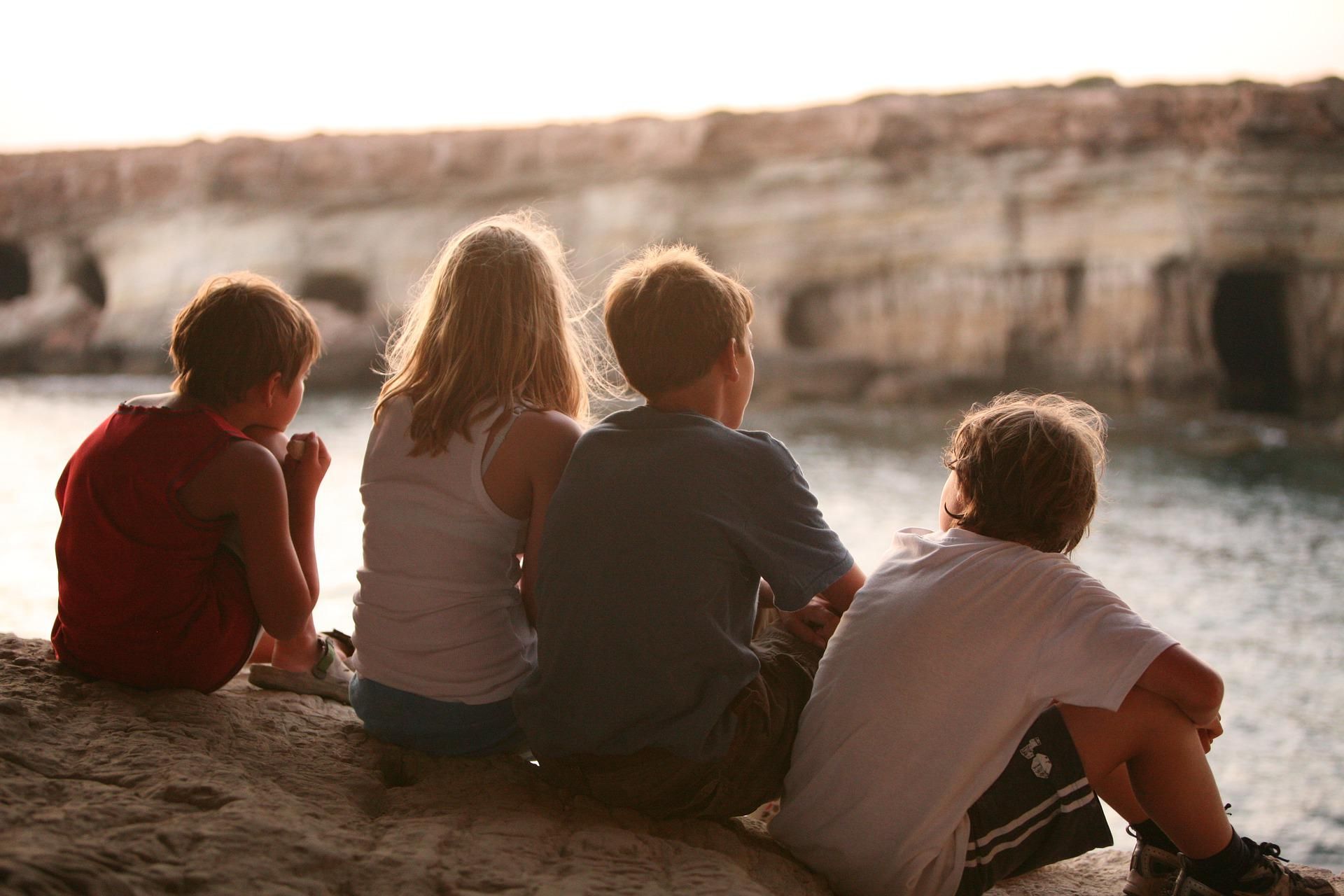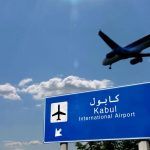According to official data, more than 2 million 35 thousand foreigners entered Kazakhstan in 2020 (6,088,252 in 2019), of which 371,193 citizens were granted a temporary residence permit. They often arrive with children who need access to medicine and education, as well as protective mechanisms against exploitation, violence and detention. As of 2019, the UN estimates that there were 432,420 children born outside the country in Kazakhstan. This number may indicate a potentially large number of children who may face a variety of risks in the migration process.
«The most important result of the full four years of work was the development of a legal framework for registration of children born to mothers who do not have documents. Over the past three years, 1,500 children born in medical institutions received birth documents. This means that they will be able to attend kindergarten, school, get a certificate of secondary education, as well as have access to medical care and necessary social services. These children will not become “invisible”. Paperwork challenges are one of the most frequently encountered by migrants and their families. They lead to serious consequences for children: from the risk of being separated from their parents to criminal and administrative liability based on their migration status. UNICEF calls for ensuring that all children, regardless of their nationality, citizenship, migration status and residence status or lack thereof, have access to education, guaranteed free medical care and social services on an equal basis with children-citizens of the Republic of Kazakhstan», said Arthur van Dusen, UNICEF Representative in Kazakhstan.
He also noted that the model of providing protective services developed within the framework of a four-year program under the leadership of the Committee for Protection of Child Rights of MES RK was successfully tested in Nur-Sultan, Almaty, Shymkent and Turkestan region along with the NGO “Rodnik”, “Sana Sezim” and the Kazakhstan International Bureau for Human Rights and Rule of Law (KIBHR). As a result, 1,273 children in migration processes received protective, social, legal and psychological services at the premises of state child support centers and public organizations. UNICEF and the Commissioner for Human Rights in the Republic of Kazakhstan recommended that this practice be extended to all regions of the country.
“As a result of the programme, several important recommendations have been developed to strengthen the system further, improve services for children in migration processes and the regulatory framework. I would like to appeal to the authorized state bodies and recommend that they accept the prepared recommendations for work. I want to thank international partners for their cooperation and support and express readiness for further joint work for the benefit of every child in Kazakhstan,” said Elvira Azimova, Commissioner for Human Rights in the Republic of Kazakhstan.
In course of the program, the personnel potential of specialists working with children in migration was increased. According to international standards, almost 1,000 current and future specialists who will work directly with children have been trained.
The work of the interdepartmental coordination council has shown its efficiency. Complex cases of children in migration processes that required involvement of representatives from different departments were promptly solved at the site of the council.
Child-friendly rooms for children in migration processes were opened in Nur-Sultan and Almaty at the premises of child support and adaptation centers. The renovated premises provide care and support for children during their temporary stay in these centers, as well as facilitate their contact with established family members.
“Children in migration processes are double-vulnerable: as children and as migrants. They need special attention, protection and quality service. We are glad that our partnership with UNICEF, Commissioner for Human Rights and Committee for Protection of Children Rights is producing practical results, and many children on the move are receiving additional protection. We should always give our best to children and never compromise on protection of their rights,” noted Mr. Kestutis Jankauskas, Ambassador of the European Union to Kazakhstan.
For the first time, the program conducted a study on unaccompanied and separated children affected by migration in Kazakhstan. Based on the analysis, a number of specific recommendations were made: in particular the need to register all children when crossing the border, regardless of age; priority of guardianship by relatives over placement of children in juvenile adaptation centers or other alternative forms of family placement of children; strengthening case management; increasing access to social services to improve the functioning of the family and overcome difficulties in order to avoid unnecessary separation of families and more.
All recommendations of the Office of the Commissioner for Human Rights in Kazakhstan and UNICEF are included in the resolution adopted by the conference. The resolution will be sent to the relevant authorities.
More information
Delegation of the European Union to the Republic of Kazakhstan – News






Leave a Reply